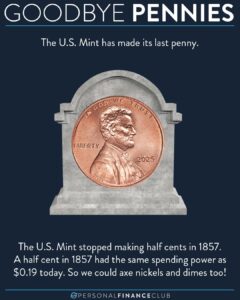
This is one of the most common questions I get from people whose finances are generally secure (no non-mortgage debt, full emergency fund, and on pace for retirement). “What should I do with my extra savings: pay off my mortgage faster or invest more?”
Well, they’re both good options! Let’s break them down.
Option 1: Pay off the mortgage as fast as possible. This is great because you’ll get 100% debt free (including your home) as soon as possible. When that happens, it will dramatically decrease your living expenses and dramatically increase your free cash flow. It’s also just frankly nice to have a paid for home. It reduces risk associated with losing your income, downturns in the market, etc.
Option 2: Pay off your mortgage as slowly as possible. Since rates these days are crazy low, this strategy allows you to use that excess income to invest more aggressively. If you work it out on an excel sheet, this strategy will create more wealth because you’re essentially leveraging your primary home to invest more heavily. It’s also a bit more risky… if the market tanks and you lose your job, your investments will be worth a lot less and the bank will still want to get paid back.
So which one is better? It’s really a judgement call. When I bought my first home in 2019, I decided to get a mortgage to basically go after option 2. But it turns out I was rejected for my loan (because I was unemployed) so I just paid cash for my $700,000+ home. So now I’m living with option 1. And you know what? It’s nice. Owing someone money is not part of my life. My home is worth at least $800K now and 100% mine, and my other $3.3M is invested aggressively. Both good things!
If you like the idea of prioritizing a paid for home, go for option 1. If you want to be more aggressive and accept the risk involved, go for option 2.
As always, reminding you to build wealth by following the two PFC rules: 1.) Live below your means and 2.) Invest early and often.
-Jeremy
via Instagram

 September Sale!
September Sale! 


